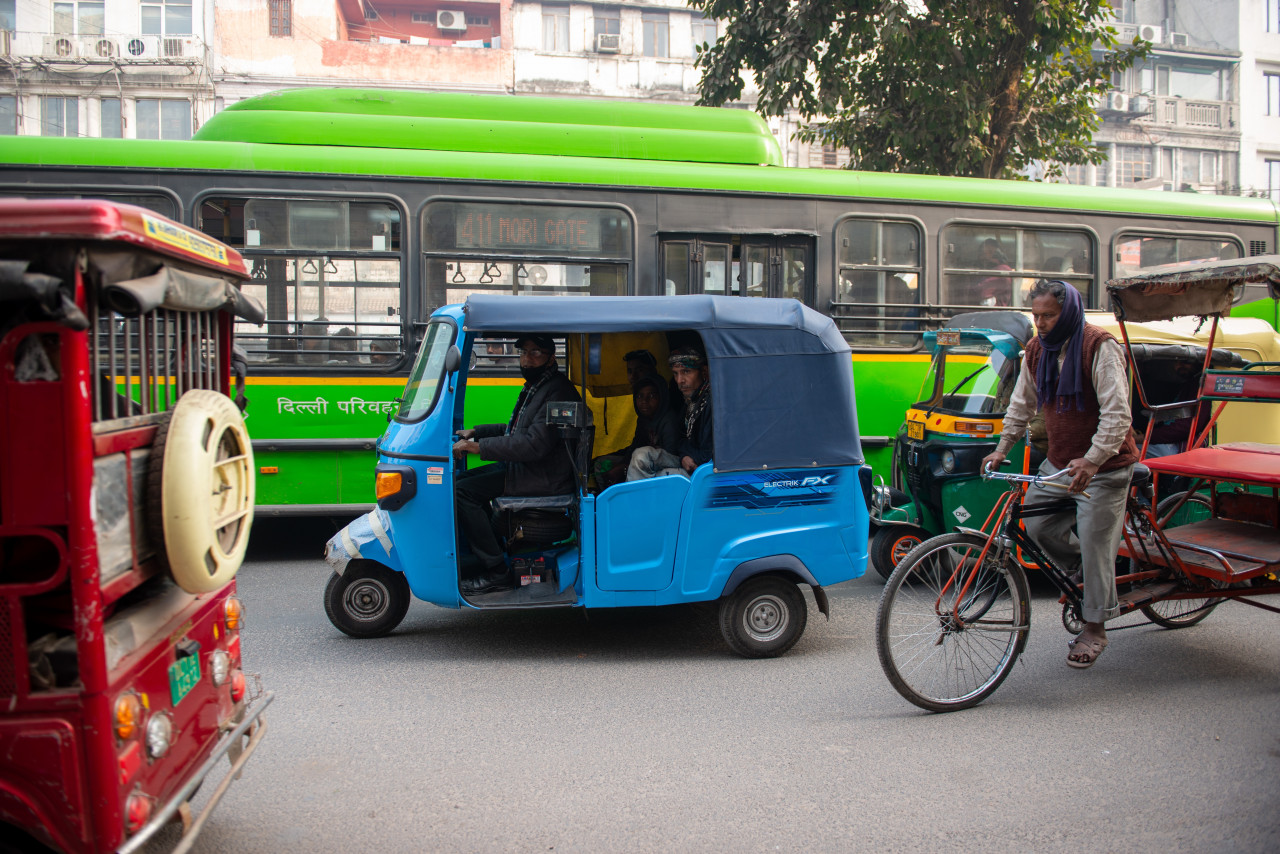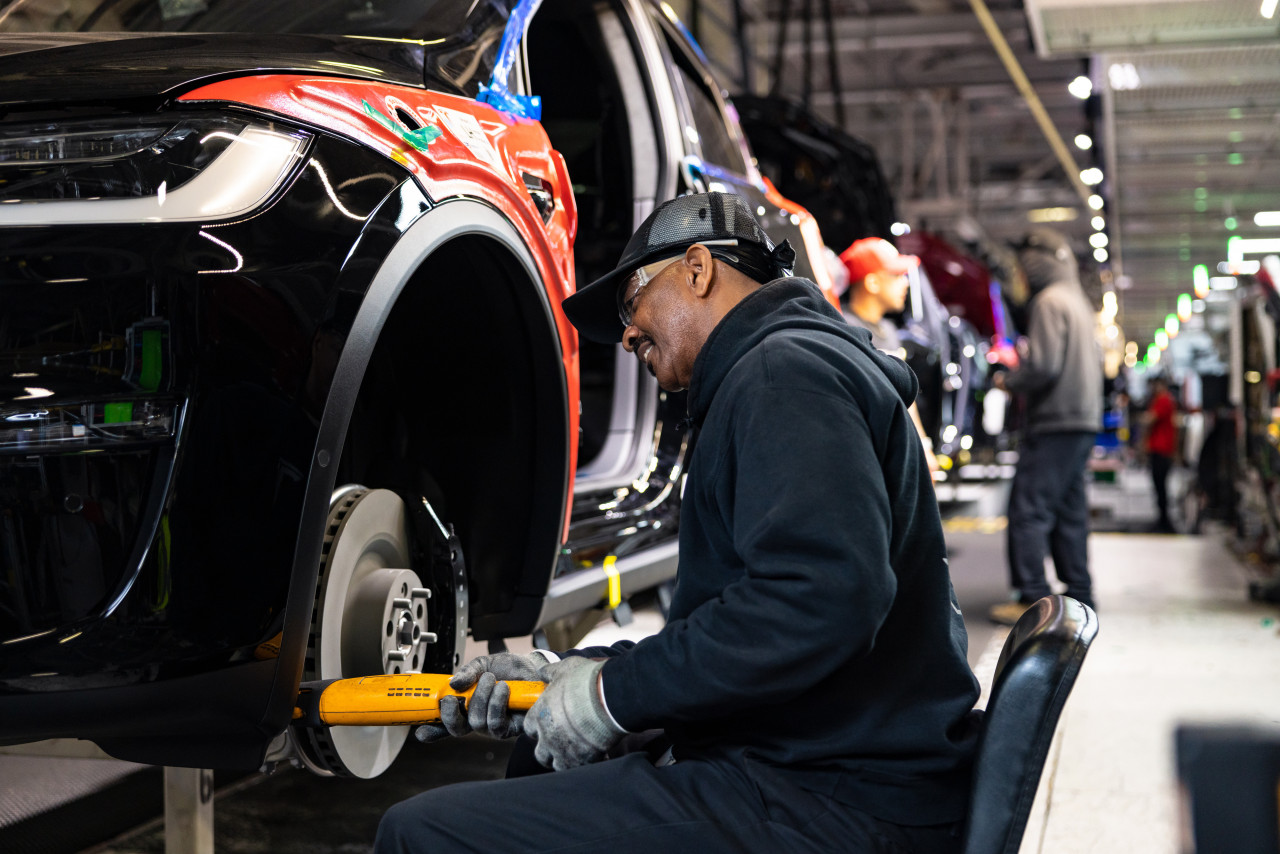India unveils new EV policy to make country a global manufacturing hub
India has approved a scheme to promote the country as a manufacturing destination for electric vehicles, a release on the Press Information Bureau, the country's government news service, said. The move comes days after the Centre announced the Electric Mobility Promotion Scheme to promote EV adoption among consumers.
The new EV policy is designed to attract reputed global EV companies into setting up manufacturing facilities in India using the latest technology, and help boost the Make in India initiative and strengthen the country's EV ecosystem.
India is looking to attract investments from across the energy transition spectrum as it seeks to reduce dependence on fossil fuels and boost its manufacturing sector by offering itself as an alternative to companies and countries worried about their dependency on China. The country is one of several wooing Tesla, and Chinese brands such as BYD have already established manufacturing facilities in the country with prospects of more investment.
In a release, the PIB noted the EV policy's salient features as:
- Minimum investment of ₹4,150 crore (∼$500 million), with no limit on maximum investment
- Manufacturing facilities must be set up within three years, and commercial production of EVs must start and reach 50 percent domestic value addition (DVA) within five years.
- Companies will have to achieve 25 percent localization by the third year and 50 percent by the fifth year.
- A customs duty of 15 percent (as applicable on completely-knocked-down units) would be applicable on vehicles of minimum CIF value of $35,000 and above for five years, subject to the company setting up manufacturing facilities in India within a three-year period. The duty foregone on EV imports would be limited to the investment made or ₹6,484 crore (equal to incentive under PLI scheme), whichever is lower.
- Companies can import a maximum of 40,000 EVs at the rate of not more than 8,000 per year in cases where the investment was $800 million or more. They will be allowed to carry over unutilized annual quota.
- The investment commitment made by the company will have to be backed up by a bank guarantee in lieu of the custom duty forgone, this bank guarantee will be invoked in case of non-achievement of DVA and minimum investment criteria defined under the scheme guidelines.
The government said it expects the new policy to help the industry benefit from economies of scale, lower cost of production, reduce imports of crude oil, lower trade deficit, reduced air pollution (particularly in cities), and a positive impact on health and environment.





















